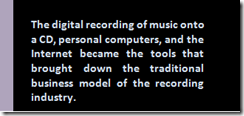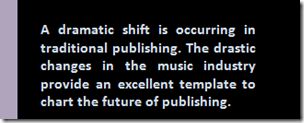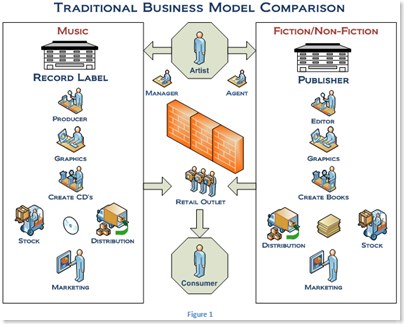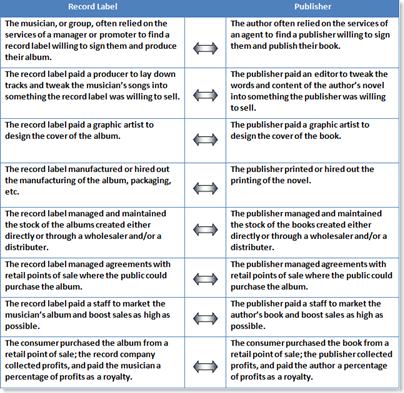This probably won't be my last BLOG posting, but unless something changes, I'll no longer write fiction or non-fiction. I'd like to believe that the loss isn't only mine, but readers of of all types also. You see, I'm experiencing life at its finest. I don't mean fame, fortune, wild parties, good friends, or traveling to exotic places. I mean the raw, reality of life where circumstances, greed, the devaluation of human life, and callousness have created the perfect storm and an irony that is quintessential.
What is this guy talking about you're probably asking yourself. He's not making any sense. Let me share a little, my friends, and maybe you'll grasp how I can equate pain and suffering to life at its finest.
If you're able to read this then you've experienced suffering, and often sufferance leads to good things. There is some truth in the saying that what doesn't kill you only makes you stronger. The trick is to suffer without dying from it. If you're able to read this then somewhere along the way someone taught you how to read. They patiently took you through the confusing and frustrating process of first identifying little marks and shapes as letters. For most of us, this happened at a very young age and our recall of what it was like is probably lost. Our immature minds couldn't grasp suffering yet. Then they taught us how those letters spelled words, and words used correctly made sentences. For some it was easier, for others not, but at least you can read this. Few of us remember the feelings of frustration we felt learning to read so let's skip forward. If you're reading this, you have a computer and an Internet connection. How were you able to accomplish that? You suffered and didn't die. Maybe you went to college and then got a job, maybe you skipped college and went straight into the workforce. Either way you suffered. You suffered through all the bullshit that comes with being a student and/or an employee. You suffered when you found out you paid too much for the first car that you bought on your own and the payments killed you. You suffered through relationships, dumping or getting dumped. Maybe you got married, even the best marriages have moments of trial and tribulation, you suffered but you didn't die. And through all of that suffering, hopefully you learned and came through it wiser. You suffer, and suffer, and suffer, and if you're lucky it doesn't kill you or ruin your self-esteem, happiness, or quality of life.
Life has conspired to put me through more suffering, and I should be used to it by now. Based on past experiences and that age old wisdom, I'm going to be better off for it, right; life at its finest.
I had a high paying career until at the age of 41, I became permanently 100% disabled; more suffering. I spent two years waking up every morning wondering, "Now what? What do I do with the rest of my day?" I can't go hiking, I can't volunteer, (most volunteer jobs require that you can physically do things or at the very least you can be counted on to show up when expected), I can't do much of anything. After two years, I remembered that I'd always wanted to write a novel. Hey, something I can do. It doesn't require much physical exertion and I can do it on my schedule. I can take advantage of those few short hours a day when I can sit at a keyboard and type, and if I'm in too much pain, I can stop. I can work at my schedule and I'm not causing anyone else a problem. Well what do you know, I'm not half bad at this writing thing. I still need a lot of help with editing 'cause my gramer ain't so great', but my ideas and stories are good, and my overall ability to weave a plot and build characters isn't so bad. So what if it takes me a long time to finish a novel. At least I've found something I can do that I love. What's the catch? Just because I write a novel, doesn't mean anyone would want to buy it and read it. But you know what, I won't even get a chance to find out. My disability insurer thinks that if I can do that, then surely I must be employable and they don't need to pay my monthly benefits anymore, or at least that's what they're implying. So, if I continue to write and try to publish, I'll end up homeless waiting for those 'guaranteed' royalty checks to come rolling in. I'll just push my shopping cart, with all my clothes in it, around for a while longer and maybe I'll hit the big time.
If I attempt to become a successful writer during those moments when I physically can, I'll lose my income. Note the word attempt. There are no guarantees in publishing, and I'll 'attempt' my way into a homeless shelter. So, for now I'll have to give up writing. Why write if you can't show it to anyone. Am I suffering? You bet. Will I come out at the other end better for it? I'm supposed to. Life at it's finest.





